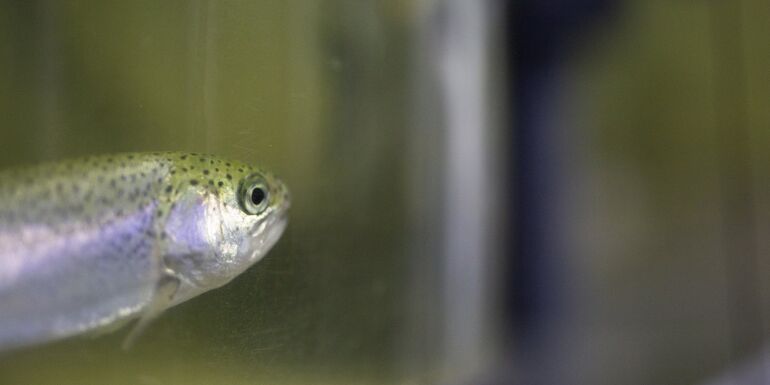
Why choose RAS?
With the industry growing and evolving simultaneously, the goal of feeding the world in a sustainable manner becomes an achievable goal. RAS offers the opportunity to sustainably farm fish with comparatively low amounts of water on land. This type of farming is highly productive and can progress quickly as it keeps optimal conditions for the fish at all times. Ras is not limited by seasonal influences like traditional farming methods. Next to that there is a high degree of control over the production process.
RAS advantages
- Minimum water requirement
- Full control of production parameters
- Stable and predictable production
- A sustainable future for aquaculture
- Isolation from environmental and climate-related factors
- Allows production at optimal locations
- Captures the solids produced in the system
- Fish escape control
- Reduced environmental impact due to water filtration
What does the future look like for RAS farming methods and aquaculture?
RAS farming will increase and continue to improve the whole aquaculture industry. There's a very big movement toward keeping smolts onshore. It offers much more control and no issues with sea lice. So, this industry has seen that this is a big benefit to them. RAS farming by nature is also very sustainable. You can reach a lower carbon footprint. You can use less water and you have less pollution. Alltech Coppens produces and supplies RAS feeds already for some 25 years and dedicates a substantial part of its R&D to make sure our RAS feeds are at the forefront of the industry.

